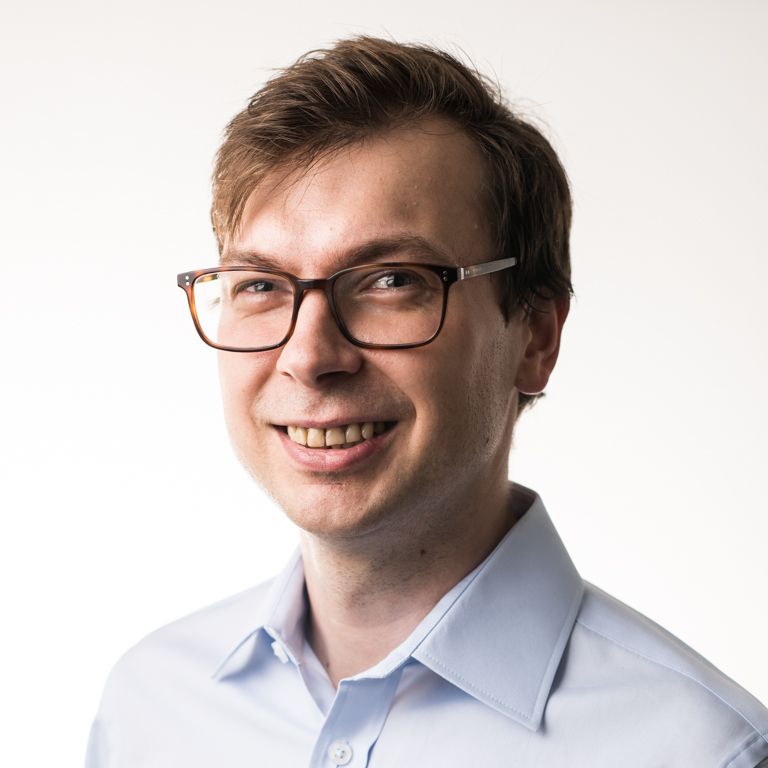Profile
Mateusz Marianski received a MS from The University of Wroclaw and a PhD from The CUNY Graduate Center and Hunter College. He did his postdoc at Fritz-Haber-Institut der Max-Planck-Gesellschaft, Berlin, Germany. At Hunter College he teaches courses in physical chemistry and conducts research centered around structure formation and dynamics in carbohydrates.
Computational chemistry gives Professor Marianski an unparalleled ability to visualize, with atomic – or even electronic – resolution, the mechanistic underpinning of physical, chemical, and biochemical processes, and in effect, provide a crucial insight into most challenging questions in the development of novel therapeutic strategies, and chemical synthesis.
Professor Marianski's research is focused around five main areas, three of which are connected by the theme of carbohydrates: 1) Mechanochemistry: Altering chemical reactions with a mechanical force; 2) Glycosylation: Improving stereocontrol of a glycosylation reaction; 3) Glycoanalysis: Understanding structure-function relationship in glycans; 4) Site-specific biolabeling: Designing new generation of site-specific labels of IgGs; and 5) Antivirals: Exploiting glycans as a target for novel antivirals.

